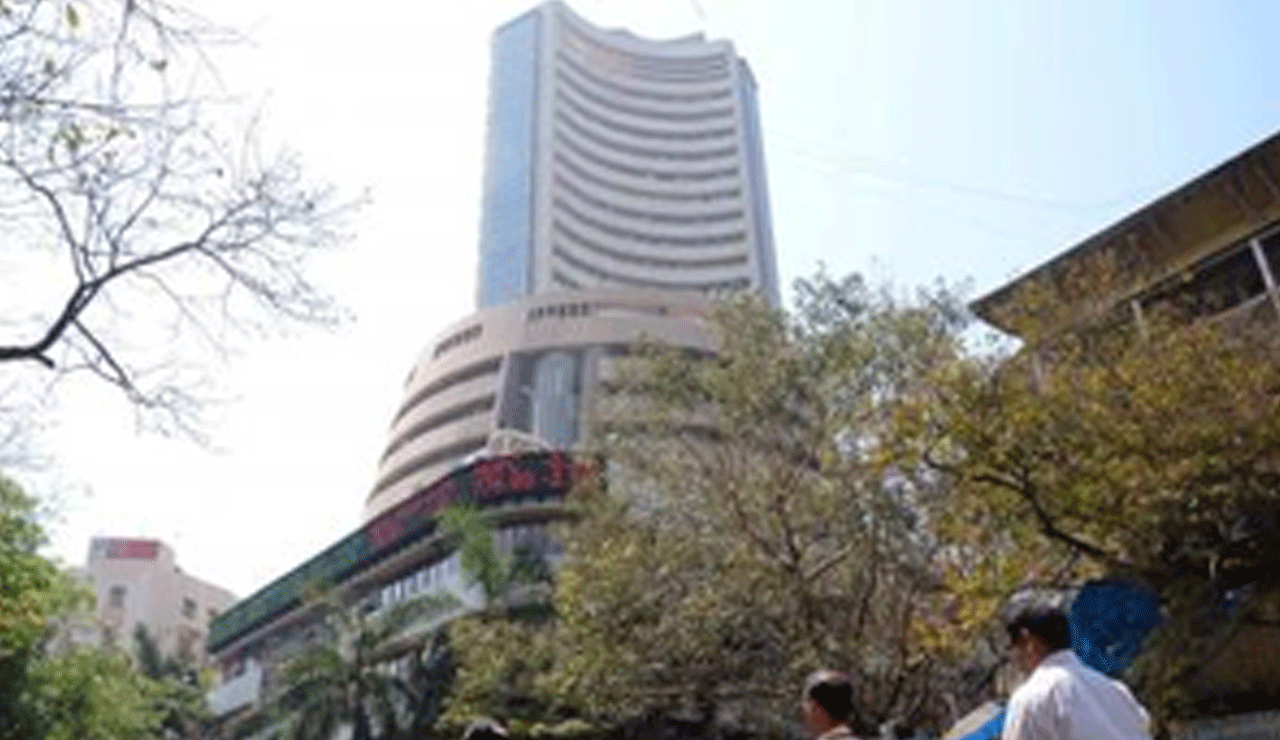India-US Trade Negotiations Could Boost Stock Market Sentiment, Experts Say
The commencement of the new financial year (FY26) in India has been marked by a subdued start, with market experts pointing to higher-than-expected US tariffs as a key factor driving investor caution.

The commencement of the new financial year (FY26) in India has been marked by a subdued start, with market experts pointing to higher-than-expected US tariffs as a key factor driving investor caution. However, experts believe that positive developments in the ongoing India-US trade negotiations could act as a critical catalyst for market recovery.
Impact of US Tariffs on Market Sentiment
The recent imposition of tariffs by the US has led to concerns, particularly affecting sectors like IT and metals, which have underperformed compared to the broader market. Investors are wary of the potential for retaliatory actions by other countries, heightening geopolitical and economic uncertainty.
Vinod Nair, Head of Research at Geojit Investments, noted that investors will be closely watching any countermeasures from global trade partners, which could escalate tensions and further impact market sentiment. This cautious outlook is also evident in the strong performance of gold and bond prices, as investors seek safer assets in times of uncertainty.
Stock Market Decline Amid Risk-Off Sentiment
Market volatility continued last week, with benchmark indices extending their losses. On Friday, both the Nifty and Sensex fell by more than 1%, reflecting the growing risk-off sentiment in global markets. The decline was driven by fears of a potential trade war, exacerbated by US President Donald Trump’s implementation of reciprocal tariffs.
Table of Contents
The Nifty dropped 345.65 points, or 1.49%, closing at 22,904.45. Investors are concerned that aggressive trade policies by the US could provoke retaliatory measures from other nations, potentially disrupting global supply chains and slowing economic growth.
Also Read: Hamas Claims Half of Living Israeli Hostages Are in Evacuation Zones
The broader markets also saw significant declines, with the Nifty Midcap 100 and Nifty Smallcap 100 indices falling by 2.91% and 3.56%, respectively. Key sectors, including IT, Auto, Pharma, PSU Banks, Realty, Oil and Gas, and Metals, experienced sharp losses ranging from 3% to 6%.
Technical Outlook and Support Levels for Nifty
The Nifty index is currently hovering around key support levels of 22,700-22,800. Experts suggest that holding above this range is crucial for any potential pullback towards last week’s high of 23,565. However, if the support fails to hold, the index could experience further declines, potentially reaching 22,300.
As market participants keep a close eye on US tariff policies, they will also monitor the outcome of the upcoming Reserve Bank of India (RBI) monetary policy meeting and the resumption of the Q4 FY25 earnings season, both of which are expected to impact market dynamics.
Focus on RBI’s Monetary Policy and Economic Data
Investor attention is firmly fixed on the upcoming RBI meeting, where a decision on the benchmark interest rate is expected next week. A favorable outcome could provide support for rate-sensitive sectors, potentially offering a boost to market sentiment.
Additionally, key macroeconomic indicators, such as India’s inflation figures and US jobless claims, are expected to provide critical insights into the economic conditions in both regions, influencing market decisions in the near term.
Corporate Earnings Outlook
As the market shifts its focus to the upcoming corporate earnings season, the initial outlook appears subdued. Experts anticipate the risk of further downward revisions to earnings growth due to soft demand and ongoing margin pressures. This cautious outlook suggests that investors should brace for potential challenges ahead in the corporate sector.
In conclusion, while current market sentiment remains cautious, positive outcomes in trade negotiations and monetary policy could offer potential support for the Indian stock market in the coming weeks.
